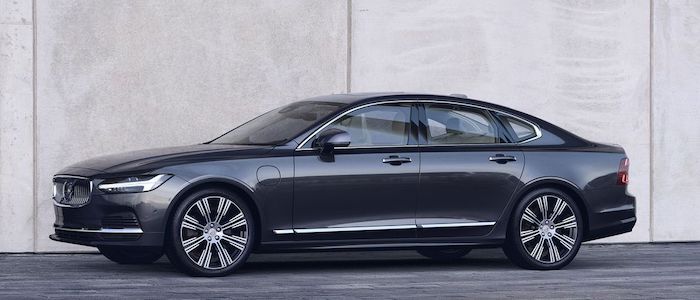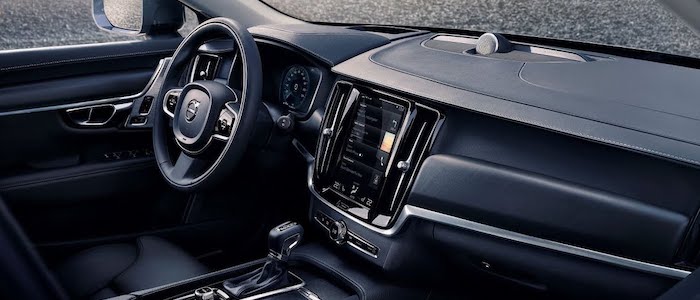Compare two cars
Compare any two cars and get our Virtual Adviser™ opinion
Dimensons & Outlines
Check vehicle history
Engine
Performance (manual gearbox)
Performance (automatic gearbox)
Expenses
Virtual Adviser's™ opinion
Two significantly similar cars, no doubt about that. Still, each one has something different to offer. Having both cars powered by petrol engines and utilizing the 4-door sedan body style within the same 'Luxury car' segment, the only major difference here really is their wheel drive configuration (4 x 4 for the Volvo and rear in the case of the BMW). The first one has a Volvo-engineered powertrain under the hood, a 4-cylinder, 16-valves 300hp unit, while the other one gets its power and torque from a 4-cylinder, 16-valves 252hp engine designed by BMW.
SafetyThe first thing to look into here would be the results from European New Car Assessment Programme (Euro NCAP) tests performed on the two cars. Good thing is that both vehicles got tested, with the same number of safety stars gained in the process. Moving further on, let's take a closer look at some additional safety-related facts. Both vehicles belong to the luxury car segment, which is generally a very good thing safety-wise, but that fact doesn't break the tie between the two cars. Furthermore, when it comes to weight, a factor that most people underestimate, the Swedish car offers a considerable difference of 29% more metal.
ReliabilityI don't like generalizing things when it comes to reliability, although it does seem that Volvo does have a slight advantage, when all the models are taken into account. That's the official data, while our visitors describe reliability of Volvo with an average rating of 3.2, and models under the BMW badge with 4.1 out of 5. Independent research findings rank S90 as average reliability-wise, and 5 Series is more or less at the same level.Above it all, drivers of cars with the same engine as the Swedish car rank it on average as 3.0, while the one under the competitor's bonnet gets 4.7 out of 5.
Performance & Fuel economyVolvo is a bit more agile, reaching 100km/h in 0.2 seconds less than its competitor. Still, it lacks the power to win the top speed competition, topping at 180 kilometers per hour, 70km/h less than the other car. When it comes to fuel economy the winner has to be the German car, averaging around 5.5 liters of fuel per 100 kilometers (51 mpg), in combined cycle. We can't ignore that 22% difference compared to the Swedish car.
Verdict
BMW appears just a bit more reliable, although the difference is truly marginal. The most important thing when deciding between any two vehicles should always be safety, both passive and active. In my opinion, everything taken into account, the Swedish car offers significantly better overall protection, taking the lead here. From there things take a different direction, with BMW being considerably quicker, thus putting more smile on driver's face. To make things even better, it consumps less fuel! All together, there's not much more to say, in this case I wouldn't even consider anything but BMW. In any case that's my personal view, built upon all the data available to me. What should decide here though is the way you feel about the two vehicles, and I hope you'll find my guidelines useful in the process. I suggest you spend two more minutes in order to find out which car, based on your needs and budget, would be picked by the virtual adviser™, among more than 12.000 different ones in our database.































